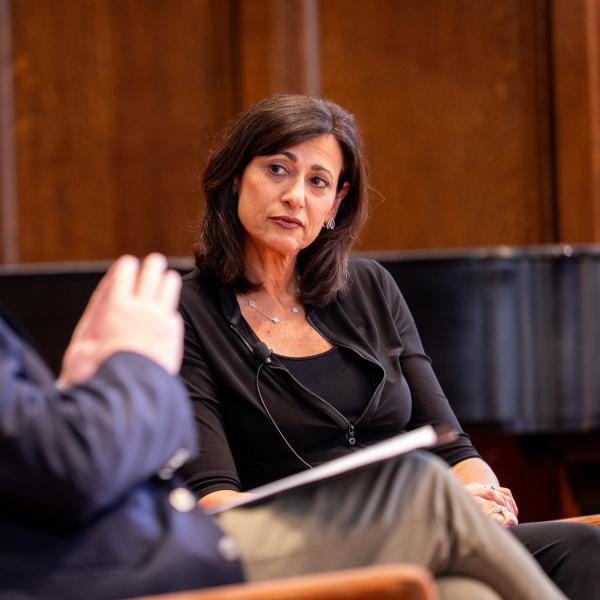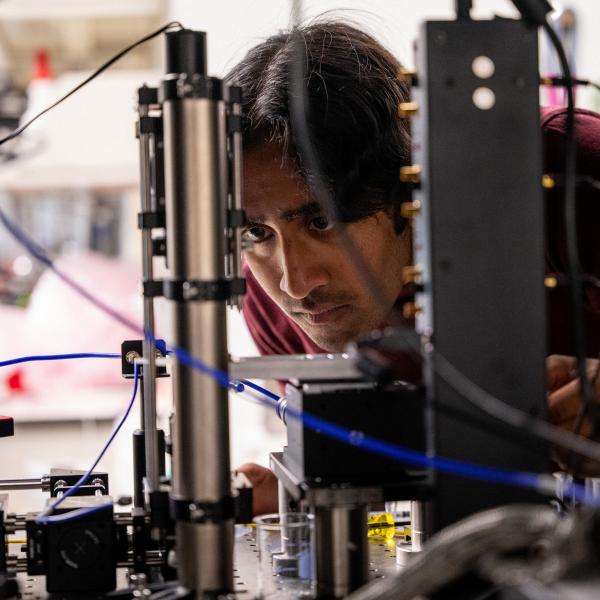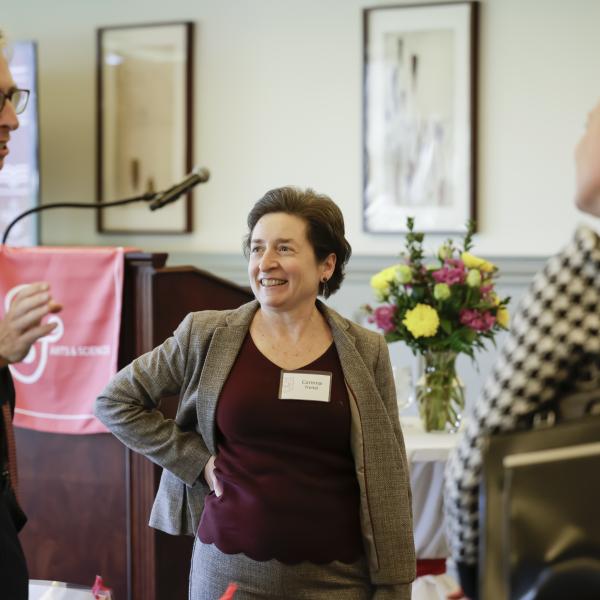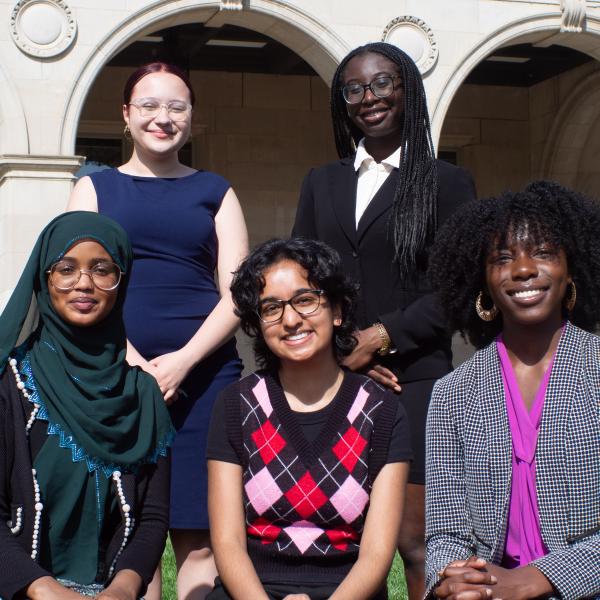Five years ago, Noah Cohan founded the annual Sports Studies Caucus. He discusses the importance of considering athletics from an academic angle.
Academia and athletics are two topics that you wouldn’t think would go well together. They seem to be in opposition to each other – while sports focus on strength, aggression, and agility, academic research focuses on intellect, creativity, and curiosity. This is not necessarily the case. Noah Cohan, a lecturer in American culture studies, discusses the importance and growth of sports studies as an academic field.
“I was an English major because the university I went to didn’t have journalism or communications. I liked to read and write, so that seemed like the thing to do,” says Cohan. He had always been interested in sports and worked in sports information with the athletic department as an undergrad, and then in media relations for the Pac-10 and the St. Louis Sports Commission after college. He stayed in St. Louis, attending Washington University to pursue a Ph.D. in English.
“I’ve always been interested in thinking through sports in really critical ways because I think it’s a really narratively rich environment, but a lot of people don’t think about it that way,” Cohan says.
“I didn’t know sports studies existed when I started graduate school,” he admits. He discovered the field as a certificate program available to students in American Culture Studies while working on his Ph.D. Shortly after that, he looked to the American Studies Association to find other scholars interested in sports studies.
“I found other well-established sports studies entities, but they tended to be industry specific. There’s the North American Society for Sports History (NASSH), North American Society for the Sociology of Sport (NASSS), North American Society for Sports Management (NASSM), but heretofore they seem to have stayed in their disciplinary clusters. And to me that didn’t make a lot of sense - sports themselves apply to all fields, so to take sports studies seriously, all those areas need to have conversations with each other.”
So Cohan founded and continues to support the Sports Studies Caucus as part of American culture studies because the field is so interdisciplinary. “There’s no one method of American studies. You’re always bringing in something from somewhere,” says Cohan.
The Sports Studies Caucus is heading into its fifth year, and Cohan continues to be excited about its future. “We’re gaining momentum every year. I think there’s a lot of room for growth and new scholarship.”
Cohan continues, “Though there will always be some resistance to sports studies, I think in an economic environment where so much money is made in sports – and goes into sports – sports studies can’t be dismissed. You can be critical of it, you can hate sports, but you can’t say they’re not affecting things. And I think we’re gaining momentum because sports are a topic that has to be dealt with.”
The field of sports studies has several different booming areas of scholarship, including social justice in sports, the economics of stadiums, fandom, etc. “I’m personally interested in sports in online spaces – how that discourse works. You know, some of that is vitriolic and hateful, but a lot of it is really creative. I’m interested in accentuating the cool stuff that happens, and I don’t think it’s worth ignoring because of the negative.”
At the 2016 meeting of the American Studies Association, there will be six panels formally affiliated with the Sports Studies Caucus. Cohan will be presenting as part of the panel “Home on Campus?: Centering Sport in the University” which will be presenting on Friday, November 18.
“Our caucus has put together a special edition of the journal American Studies, which I contributed to along with four others, and our panel will be discussing that issue. The other papers are about different things – there’s one tracing the intellectual history and reviewing recent scholarship in sports studies, there’s another about the connection between sports and the war on drugs, there’s a piece about sports and race and racism in the Jim Crow North at the University of Michigan, and there’s another piece on the recent protests at the University of Missouri. I got to work on the issue as a contributor and an editor, and I’m excited to get to share that scholarship.”
Dr. Noah Cohan is a lecturer in Washington University’s Department of American Culture Studies and the founder of the American Studies Association’s Sports Studies Caucus. In the spring, he is teaching “Empire of Hoop: Basketball as American Culture.”



